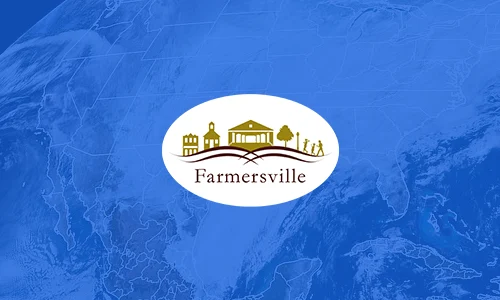Chatham, Ontario | 32,000 residential customers | 450 industrial customers
Challenge: Promote a Culture of Conservation
Entegrus is at the forefront of Ontario’s Smart Metering initiative and one of the first utilities to receive government approval for complete deployment. When fully implemented, this province-wide initiative will result in all 4.3 million meters equipped with advanced metering technology by 2010. Driving this program is the province’s desire to achieve energy self-sufficiency, promote a culture of conservation, and give people the knowledge and incentives to change consumption habits and reduce their energy costs. Entegrus’ goal was to go beyond collecting the basic time-of-use data required by the government. It wanted a system that supported advanced applications such as load control, outage management, web presentment, and interfaced with critical billing, customer care, GIS, and meter data management applications.
Solution: Limitless Opportunities
TUNet® was commissioned in the fall of 2004. Two days after the 220 MHz antenna was erected, RF coverage was established over the majority of the utility’s service area. It completed first-phase meter deployment in early 2005 and integrated TUNet with its Harris CIS and eCare applications by the end of February. In August 2005, Entegrus doubled its RF range by erecting another antenna. Increased signal strength enabled the utility to share AMI & CIS infrastructure with a neighboring utility and establish a regional network. In December 2005, Entegrus created an interface between TUNet and PIPe (Power Information Platform by eMeter) to comply with guidelines that propose a central data repository. Direct access to daily consumption information will give regulators the data needed to better understand fluctuating usage patterns and manage the provincial energy grid.
Results: The Bellwether of Ontario’s Smart Metering Initiative
Graphic representation of consumption available over the web enables customers to pinpoint usage spikes and periods when they draw a heavy load. Seeing usage data at-a-glance allows users to investigate their own cause and effect conservation experiments, and engage the entire family.
The utility reports genuine excitement and support for the Smart Metering initiative and significant improvements in the way energy is monitored and managed. Two-way, rapid and reliable communication was central to the success of this project as it closes the loop between the utility and consumers. Customers now play an active role in resource management and cost containment with some households reducing their electric heat bills by as much as 18%.
Remote monitoring enables Entegrus to improve service and save money. In one instance, a customer in a remote community complained that voltage spikes occasionally blew her appliances. Instead of sending a technician to install a recorder and return a week later to collect and analyze the data, Entegrus simply reviewed the household’s voltage and power quality history online, verified the problem, and took appropriate action. The result was a satisfied customer and a saving of seven hours of a technician’s time had a site visit been necessary.
Entegrus’ investment in existing meter assets was maintained by retrofitting meters from multiple manufacturers with “smart” TUNet modules. Technicians retrofitted meters in-house quickly and easily, resulting in additional time and cost savings. Because TUNet is a private network, Entegrus avoids recurring public network costs and obsolescence while maintaining control of its critical communications infrastructure. This affords the freedom to share the network with other electricity distributors in the region with an option to extend it to gas and water utilities.
“Easy Integration will facilitate inter-department support & help us implement multiple applications more quickly. We can expect 50% of the value of TUNet to be gained outside of meter reading.”
Hugh Bridgen, Director, Metering & Technical Services
TUNet Results
- One of the first Ontario utilities to receive government approval for full-scale smart meter deployment
- System costs projected to be under $2.00 per household, 40% of the cost estimated by other distribution companies
- 6% net reduction anticipated in customer electric heating bills
- Operational improvements from automated voltage monitoring, outage reporting, and online system reporting
- Fewer estimated bills or billing discrepancies and more consistent payment
- More accurate readings on customer moves, and verification that service is restored after outages
- Improved risk management and more targeted price plans
- Full two-way communication to support critical peak pricing, real-time outage alerts, distributed generation, and customer signaling
- Winner: Utility Planning Network 2006 award for Metering Data Integration Initiative
- Winner: Chartwell Best Practices Award for Metering 2007




